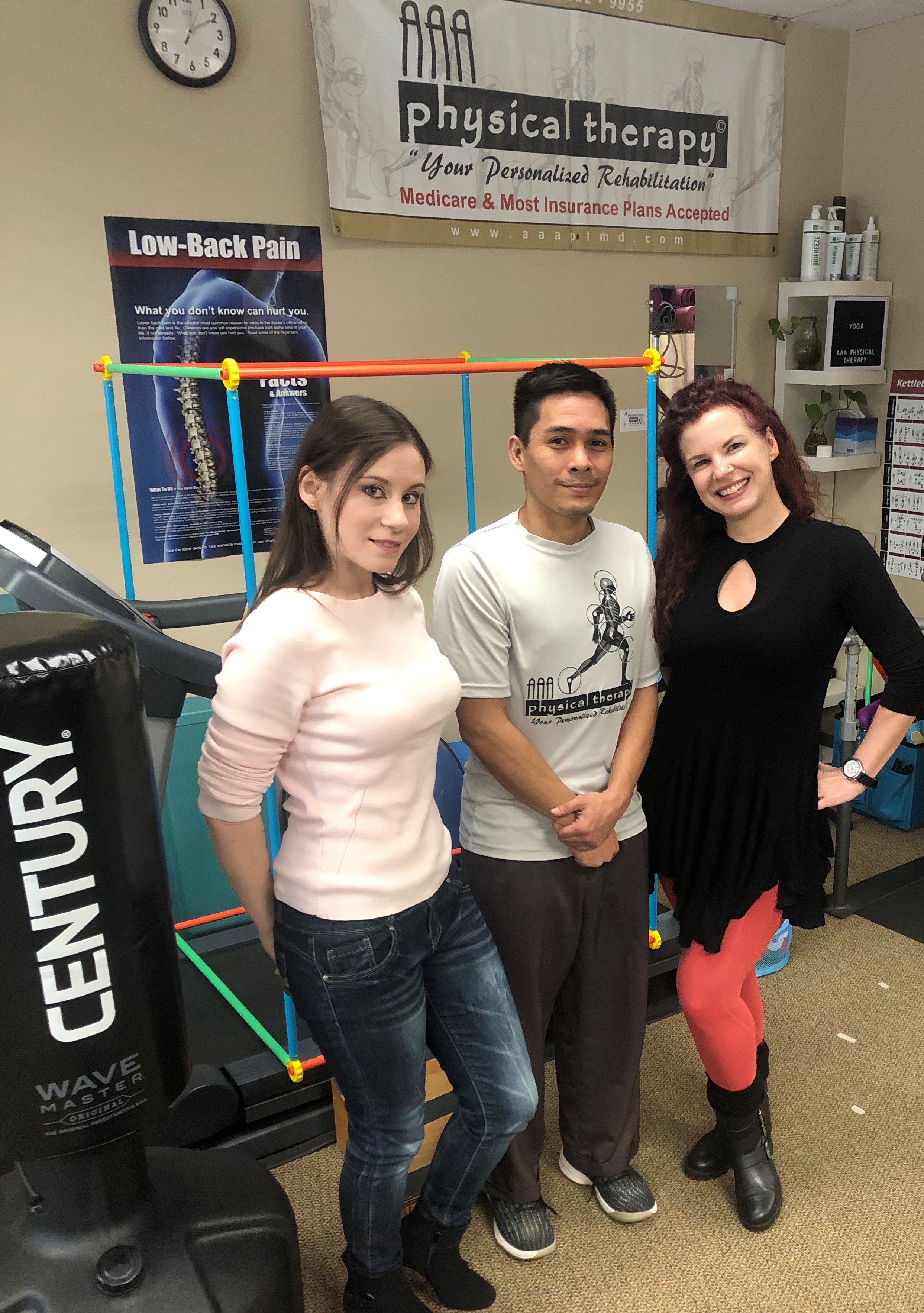CHRONIC PAIN SELF MANAGEMENT WORKSHOPS
What is the Chronic Pain Self-Management Program?
The Chronic Pain Self-Management Program is a 6 week workshop that helps people who are experiencing a wide range of chronic pain conditions. Practical tools and information are shared to help develop coping skills, building participants confidence and motivation to better manage their symptoms and the daily tasks of living with chronic pain. The workshop does not conflict with other programs or treatment and is designed to enhance regular treatment. No referral is needed.
Who should attend the workshop?
Adults (18 yo and older) experiencing chronic pain such as:
Neck, shoulder and back pain
Chronic pain syndrome
Repetitive Stress Injury
Muscular pain from Multiple Sclerosis
Post trauma pain from motor vehicle accidents and falls
Post-surgical pain that last beyond 6 months
Post stroke pain
Persistent headaches
Diabetes and neuropathy
Inflammatory Bowel Disease
Neuropathic pain and neuralgias
Family members, friends and/or caregivers are welcome to attend!
What does it cost to attend?
FREE to all! Participants "borrow" books and given materials to use throughout the workshop.
**Option to receive a Living a Healthy Life with Chronic Pain book and Moving Easy Program CD for a nominal fee is available.
How long is the workshop?
Participant’s meet once a week for 2.5 hours over 6 weeks.
For this group we are meeting on the following 6 Fridays from 11:00 AM to 1:30 PM.
1st session: February 8th
2nd session: February 15h
3rd session: February 22nd
4th session: March 1st
5th session: March 8th
6th session: March 15th
Who leads the workshop?
The workshop is led by two trained volunteer leaders, who are often living with chronic pain themselves or caring for someone with chronic pain. (Nina, one of our PTs is a certified volunteer leader!)
What Happens in a Workshop?
Participants are encouraged to take an active role by setting weekly goals and share about progress in meeting the goals.
Participants learn how to:
Deal with frustration, fatigue, isolation and poor sleep
Exercise to maintain and improve strength, flexibility and endurance
Make healthy food choices
Communicate with your health care team and family members
Pace activity and rest
Evaluate treatments



















